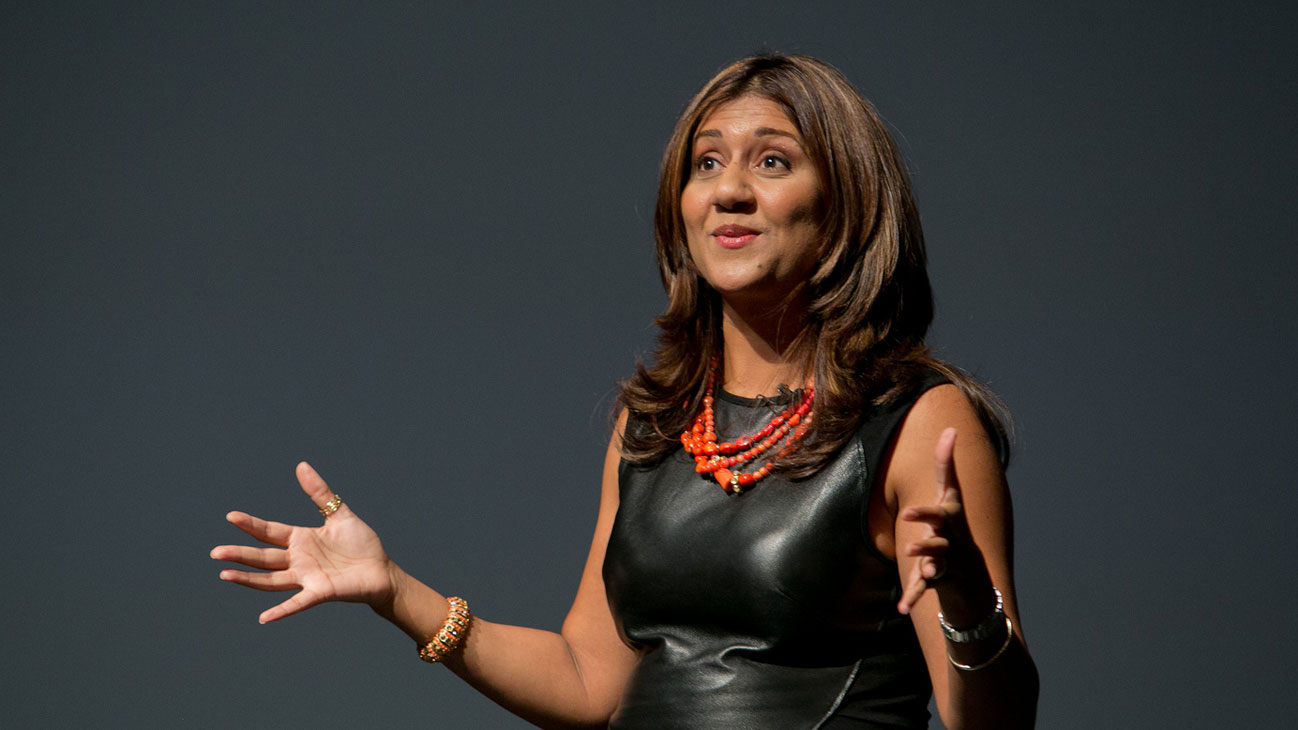The author of 11 Rules for Creating Value in the #SocialEra (named by Fast Company as one of the Best Business Books in 2012), Nilofer Merchant helps audiences take a sophisticated approach to understanding business models where making a profit doesn’t mean losing purpose, community, or connection. An expert in creating value in the new era of innovation and social media, Merchant shares her unique insights to help audiences understand the changes that need to be made in order to excel in the fast-paced, ever-changing world. Here, Merchant takes a look at the importance of what she calls “Onlyness” when it comes to what can drive you toward success:
Each of us comes from somewhere.
For Jack Dorsey, he used to walk around his home city of St. Louis. That led to him collecting maps so he could visually understand the world. This led to him buying his first computer in 1985 and then learning to code so he could draw a visual map. He designed it so that little dots would move around the map (but didn’t tie to anything in particular). He then started to listening to the police scanner so he could add real-time data. He could then visualize real-time events on the map. That led to him doing software for a dispatch company in NYC. After he got good at that, he realized it was impersonal and that it wasn’t relevant enough for someone like his mom.
All of that history gives us some clues for Dorsey’s interests, passions. Given the rear view mirror, you can see how these experiences inform his take on what Twitter is, and does.
Onlyness = that spot in the world ONLY YOU occupy. It is a function of your history, passions, interests. If you take a look at history, what I’ve termed as “onlyness” was a “nice-to-have” for many, many years.
If you lived in the late 1700′s, the point of value creation was electric machines — things that allowed things to go faster like Cotton Gins or wood milling production plants. If you were the inventor of any particular machine, you created value from it, but other people were simply cogs for running that machine.
If you lived in the 1900′s, the source of most value creation was fossil-fuel related. Industrialists needed to feed something into those cars coming off the production line. So creativity and innovation was in the extraction of resources and the efficiency of those extractions. Then, value creation became the corporate executive. The one who ran those large factories and turned them into value creation machines; this involved a slightly larger group of people than just the inventors of the machines. People’s personal creativity was only as important as it directly contributed to that company’s operations.
By 1960 or so, the genesis of much “value creation” was the financier — who created leverage to buy and sell organizations. But in this era — the social era — the nugget of value creation starts with a connected human. We call this many things today: a founder, an entrepreneur, an innovator, an intrapreneur… whatever the name, Onlyness is *central* (no longer a nice-to-have) to what gets created.
Until you celebrate your own ‘vision of the world’ much like Dorsey has, you’ll be missing out (and so will the rest of the world).

